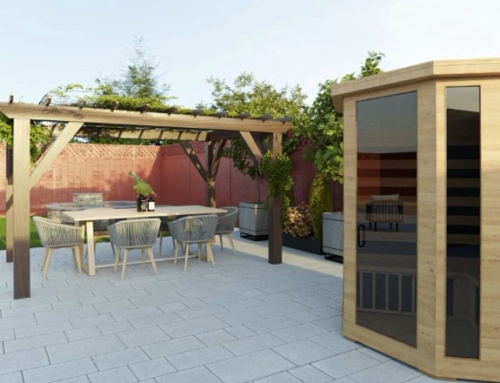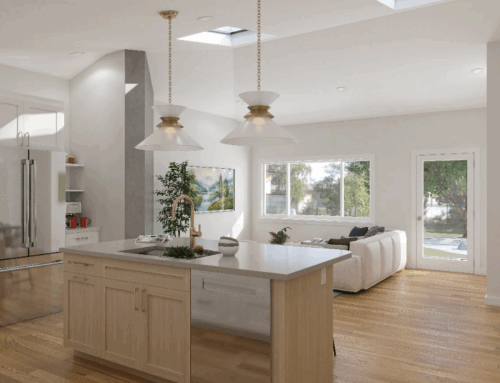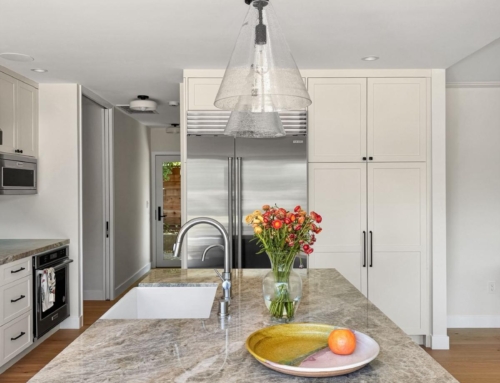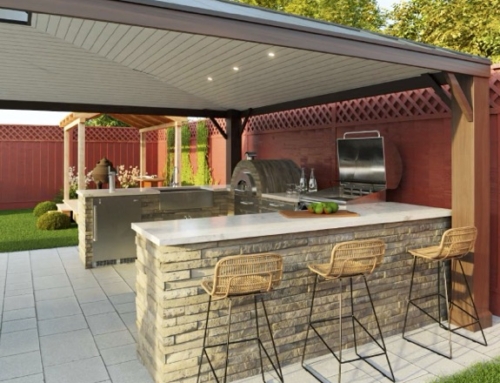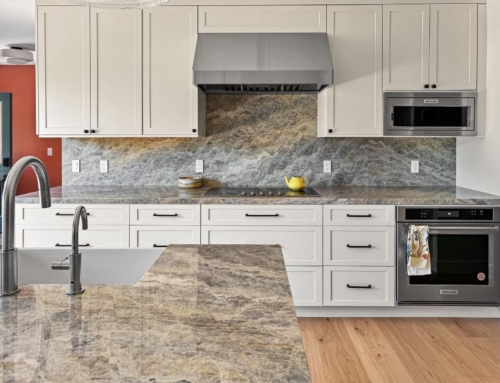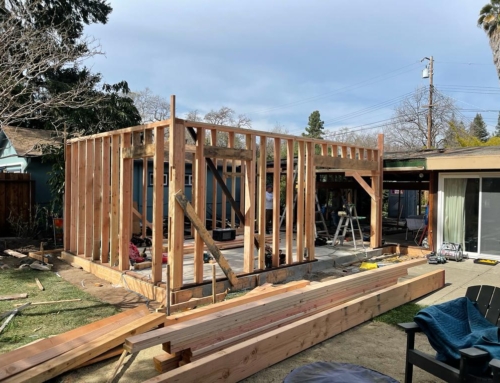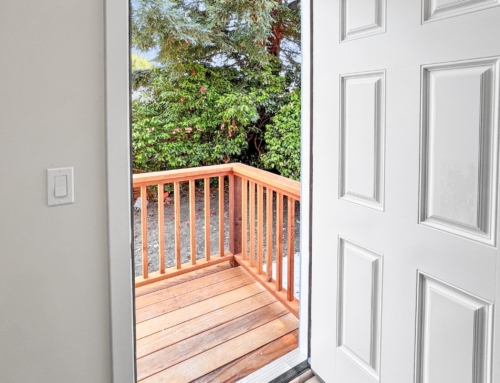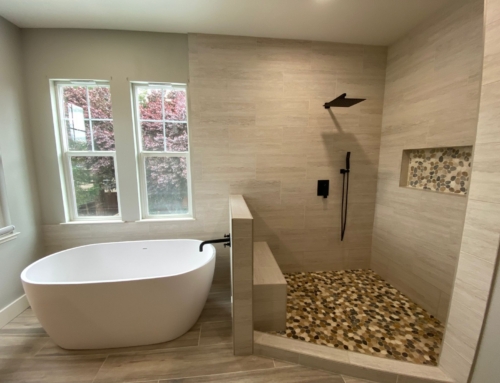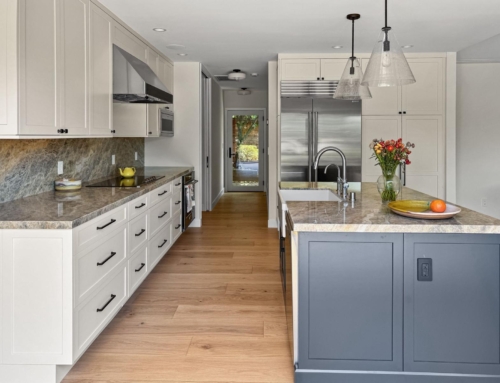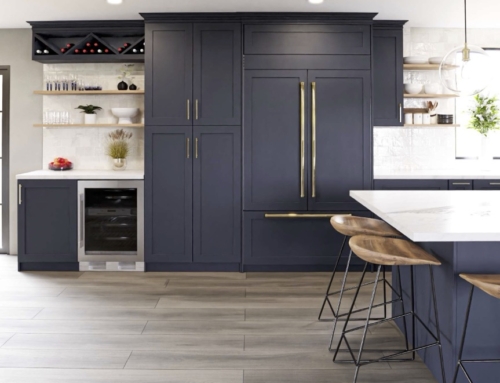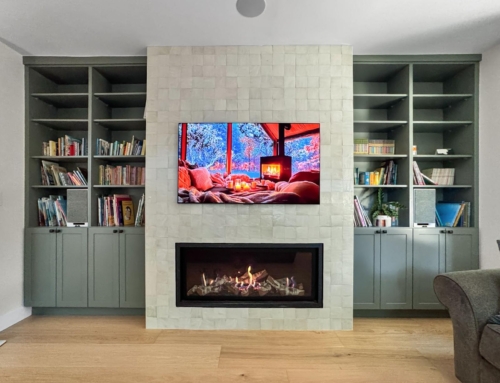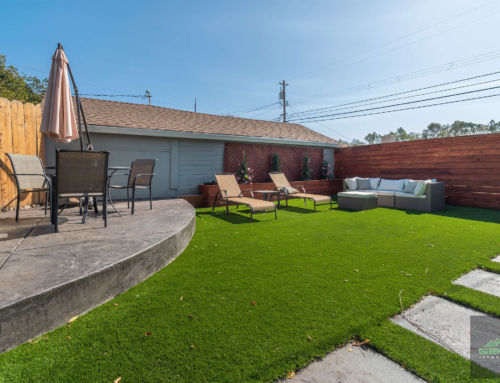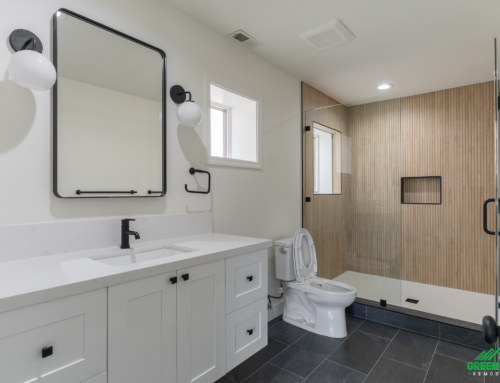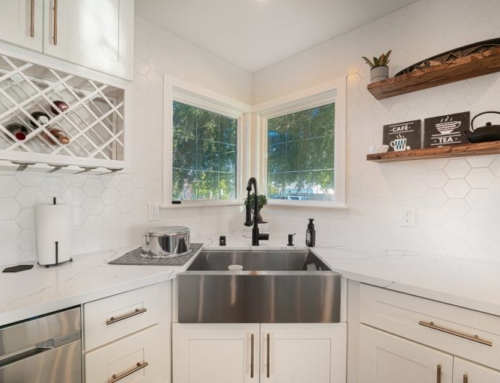Renovating your kitchen doesn’t have to drain your bank account, especially when it comes to choosing the right countertops. Many homeowners look for ways to save money without sacrificing quality. In this guide, we’ll explore the least expensive kitchen countertops that offer both durability and safety, ensuring you get the best value for your money.
The Search For The Least Expensive Countertops
When remodeling a kitchen, one of the most significant expenses can be the countertops. Opting for the least expensive kitchen countertops doesn’t mean you have to compromise on quality or durability. Several materials stand out for their cost-effectiveness and long-lasting performance. We’ll take a look at each option to help you make an informed decision.
1. Laminate Countertops
Laminate is often considered the king of least expensive kitchen countertops due to its low cost and surprisingly robust nature. Modern laminate is more durable than ever before, resisting stains and scratches better than older versions. It comes in a variety of colors and designs, including options that mimic more expensive materials like granite and marble. Laminate is also easy to clean, making it a practical choice for busy kitchens.
Composition and Manufacture of Laminate Countertops
Laminate countertops are composed of several layers that are bonded together to form a durable and decorative surface. The base layer is typically made of kraft paper mixed with resin to form a sturdy and water-resistant core. Above this, a decorative layer is added, which is essentially a high-resolution photo of the desired surface finish—be it wood, stone, or any pattern. This is then covered with a clear melamine layer that protects the surface from damage, wear, and tear.
2. Ceramic Tile
Ceramic tile is another cost-effective choice for kitchen countertops. It offers versatility in design and is heat resistant, making it suitable for kitchens that see a lot of cooking and baking. While the tiles themselves can resist heat and scratches, the grout may require regular maintenance to keep it looking fresh. Ceramic tiles can also be arranged in unique patterns, allowing for customization without a hefty price tag.
Manufacturing and Historical Use of Ceramic Tile
Ceramic tiles are made from clay that is permanently hardened by heat, often having a decorative glaze. The production process involves forming the clay into the desired shape and then firing it in a kiln at very high temperatures. Ceramic tile has been used for centuries, becoming popular in kitchens and bathrooms in Europe and America during the 20th century due to its durability and flexibility in design.
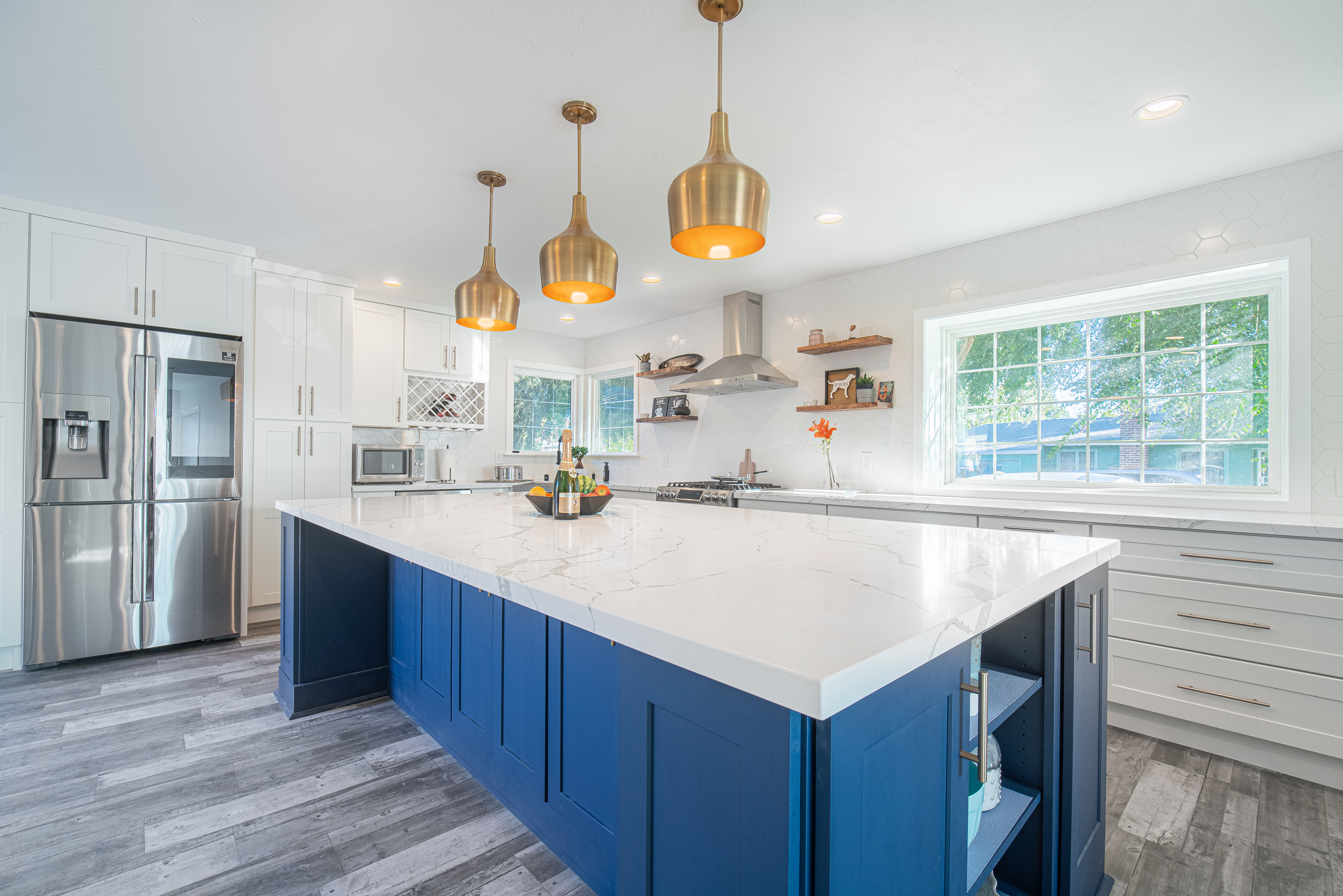 3. Solid Surface
3. Solid Surface
Solid surface materials are synthetic countertops that are engineered to mimic the look of natural stone. They are non-porous, making them easy to clean and maintain. Solid surface countertops are generally more affordable than natural stone and are available in a wide range of colors and patterns. They are also repairable; scratches and burns can often be sanded out.
Examples of Solid Surface Materials
Among the well-known brands are Corian, Wilsonart, and Staron, each offering a variety of hues and the ability to thermoform shapes, providing exceptional design flexibility and a seamless appearance ideal for modern kitchen designs.
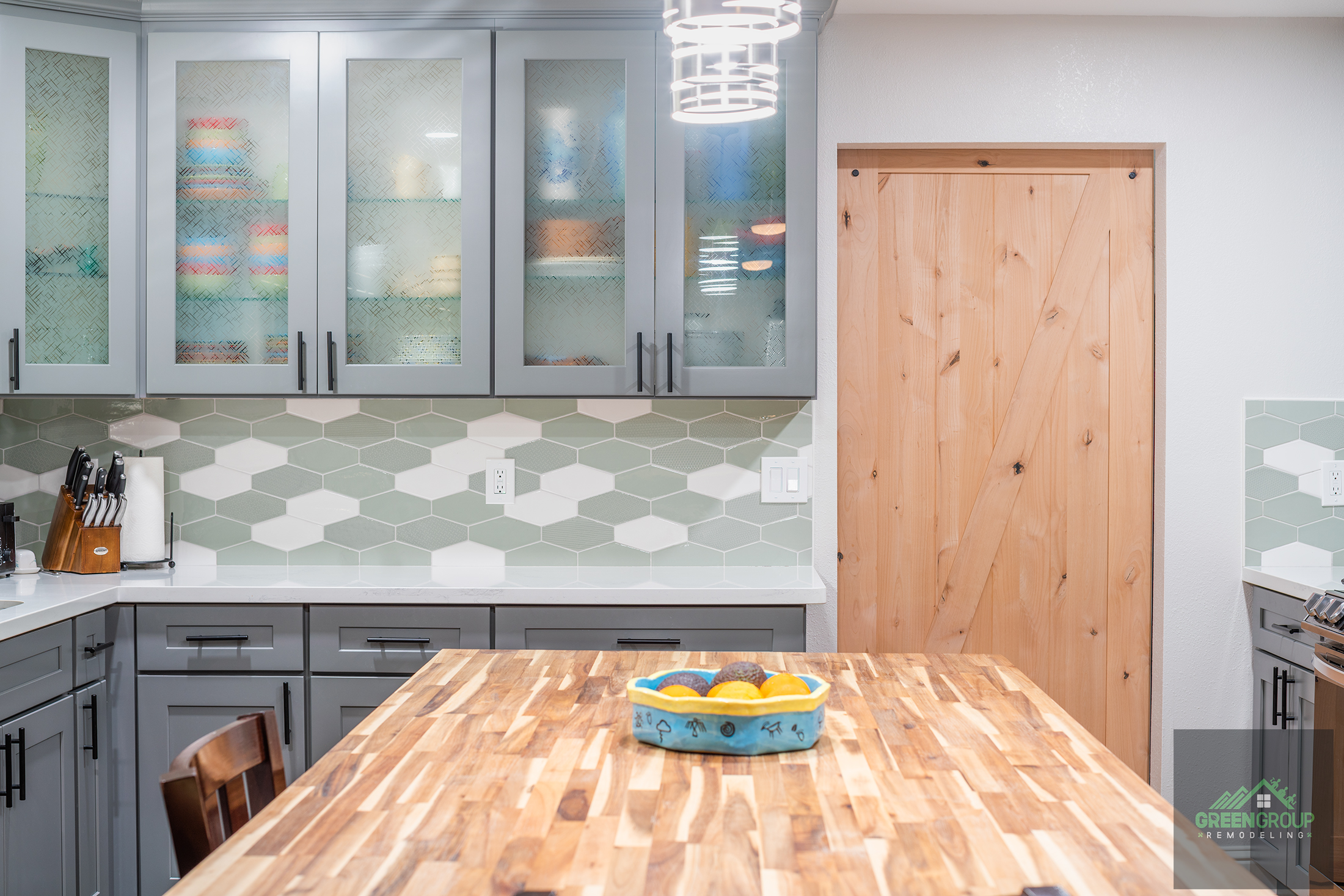 4. Wooden Countertops
4. Wooden Countertops
Wooden countertops, typingally butcher blocks, bring warmth and classic appeal to a kitchen. While they can be more prone to scratches and require a bit more maintenance (like regular oiling), they are long-lasting if cared for properly. Butcher block can be a cost-effective option, particularly if you choose a local or less expensive type of wood. Many homeowners find antique butcher blocks in thrift and antique stores, and appreciate the ability to incorporate the old wood’s culinary history into their modern home.
Other Wooden Countertop Materials
Beyond butcher block, there are several other wooden countertop options that can enhance a kitchen’s aesthetics while providing unique characteristics. Reclaimed wood countertops, for example, offer an eco-friendly alternative, utilizing wood salvaged from old buildings, barns, or warehouses.
5. Stainless Steel
Stainless steel countertops are commonly found in professional kitchens but can also be an excellent choice for home kitchens. They are incredibly durable, heat resistant, and hygienic. While typically more expensive than laminate or tile, they can still be considered one of the least expensive kitchen countertops compared to high-end materials. Stainless steel can also give your kitchen a modern, sleek look.
Hygiene and Safety Benefits of Stainless Steel
Stainless steel is renowned for its superior hygiene qualities, making it an ideal choice for kitchen environments where cleanliness is paramount. The non-porous surface does not harbor bacteria or viruses, which can be a significant concern with other countertop materials. This characteristic makes it easy to disinfect and safe for food preparation.
6. Concrete
Concrete countertops are versatile and can be customized with dyes to fit any kitchen style. They are durable and, if properly sealed, are resistant to heat, scratches, and stains. Concrete is generally more affordable than natural stone and offers a unique aesthetic that no other material can match.
Customization Options for Concrete Countertops
Homeowners can choose from a variety of finishing techniques to create a unique surface that complements their kitchen’s design, such as staining, stamping, embedding objects, and creating textures. These techniques enhance both the visual appeal and tactile experience of the countertops.
7. Recycled Materials
Countertops made from recycled glass or composite materials are not only eco-friendly but can also be cost-effective. They offer a unique look and are durable enough for everyday kitchen use. These materials are typically resistant to stains and scratches and can add a modern touch to any kitchen design.
Examples of Recycled Material Countertops
Recycled glass countertops, recycled paper composite countertops, and recycled aluminum countertops are among the popular choices, offering various aesthetic and environmental benefits.
What Are the Least Expensive Kitchen Countertops? The Ones That Last
Choosing the right countertop for your kitchen doesn’t have to be an expensive affair. With a variety of materials available, you can select least expensive kitchen countertops that do not compromise on quality, durability, or style. Whether you prefer the classic look of laminate, the eco-friendly appeal of recycled materials, or the modern sophistication of stainless steel, there are options to suit every taste and budget.
Each material discussed offers unique benefits, from the heat resistance of ceramic tile to the customizable nature of concrete. By understanding the advantages and potential limitations of each option, you can make an informed decision that meets both your aesthetic preferences and functional needs.
If you’re looking to renovate your kitchen with cost-effective yet durable countertops, consider reaching out to Green Group Remodeling. Our experts can guide you through the selection process, helping you find the perfect countertop material that aligns with your vision and budget. Contact us today to start transforming your kitchen into a space that you’ll love.


